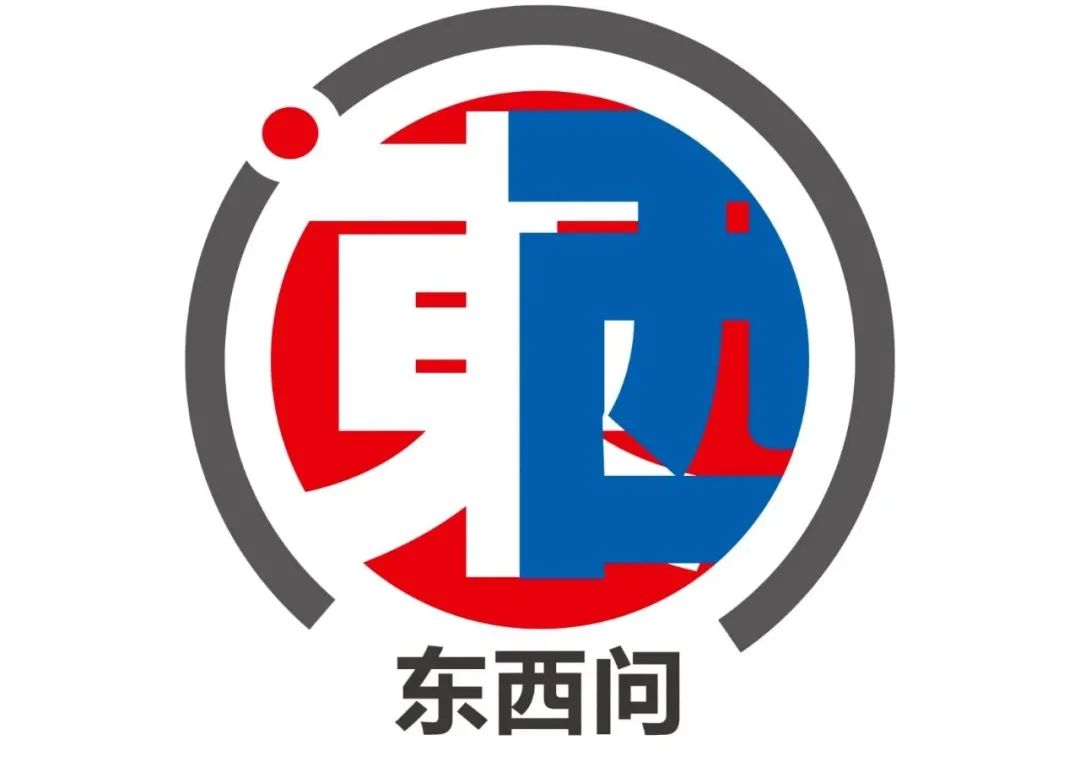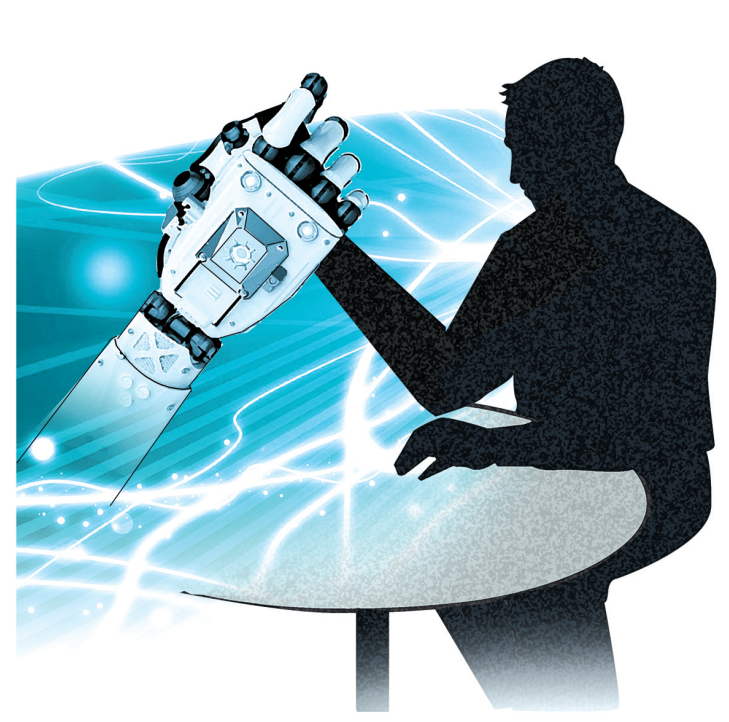The Central Committee Of The Democratic Progressive Party: Strengthen Ethical Governance In My Country's Field Of Artificial Intelligence And Promote The Construction Of Laws And Regulations
The Central Committee Of The Democratic Progressive Party: Strengthen Ethical Governance In My Country's Field Of Artificial Intelligence And Promote The Construction Of Laws And Regulations
On the eve of the 2023 National People's Congress and the Chinese People's Political Consultative Conference, a reporter from The Paper learned from the website of the Central Democratic Progressive Party that the Central Democratic Progressive Party intends to submit the "Proposal on Strengthening Ethical Governance in the Field of Artificial Intelligence" to the first session of the 14th National Committee of the Chinese People's Political Consultative Conference. The Central Committee of the Democratic Progressive Party pointed out in its proposal that the report of the 20th National Congress of the Communist Party of China was proposed.
On the eve of the 2023 National People's Congress and the Chinese People's Political Consultative Conference, a reporter from The Paper learned from the website of the Central Democratic Progressive Party that the Central Democratic Progressive Party intends to submit the "Proposal on Strengthening Ethical Governance in the Field of Artificial Intelligence" to the first session of the 14th National Committee of the Chinese People's Political Consultative Conference.
In its proposal, the Central Committee of the Democratic Progressive Party pointed out that the report of the 20th National Congress of the Communist Party of China proposed to build a new growth engine in fields such as artificial intelligence. With the rapid development of artificial intelligence technology, the challenges facing technological ethics are becoming increasingly prominent. The recent popularity of the entire network has once again caused the international community to worry about ethical issues in the field of artificial intelligence. In March 2022, the General Office of the CPC Central Committee and the State Council issued the "Opinions on Strengthening the Governance of Science and Technology Ethics", which regarded artificial intelligence as one of the key areas that needed to strengthen the governance of science and technology ethics. At present, my country's ethical governance in the field of artificial intelligence still faces many problems.
First, the system construction is relatively lagging. In terms of systems, laws and regulations that can be implemented are relatively lacking, and the bottom line of compliance and punishment are not clear enough. In terms of management, the lack of coordination is more prominent, the division of responsibilities is not clear enough, and there are still gaps in ethical governance review and supervision.
Second, capacity building is relatively weak. At present, ethical governance in the field of artificial intelligence in my country is still in its infancy, with problems such as unreasonable personnel composition, weak ethical awareness, insufficient professional capabilities, and incomplete work rules and operating standards. Capacity building needs to be further enhanced.
Third, enterprises have insufficient participation in governance. my country is still in the preliminary exploration stage in promoting the independent participation of artificial intelligence enterprises in ethical governance. It lacks clear regulations and operational institutional guarantees for the boundaries and mechanisms of enterprise participation, and faces problems such as lack of willingness to participate in governance, lack of experience and ability.
To this end, the Central Committee of the Democratic Progressive Party proposed in its proposal:
First, build a governance system with multiple parties involved. Led by the Ministry of Industry and Information Technology, the top-level framework for ethical governance in the field of artificial intelligence is designed from the aspects of leadership, organizational structure, field division of labor, social coordination, etc., and clarify the obligations and responsibilities that all parties in the artificial intelligence application chain need to fulfill. Promote the construction of laws and regulations, clarify the bottom line of legal compliance, and clarify the punishment for acts such as data abuse and infringement of personal privacy. At the same time, through "soft laws" methods such as national standards, standard standards, and corporate self-discipline rules, enterprises will be guided to innovate in compliance. Adopt artificial intelligence enterprise experts as members of the Artificial Intelligence Sub-Committee of the National Science and Technology Ethics Committee to better study and solve the ethical problems faced by enterprises in technological innovation. Give full play to the role of the National New Generation Artificial Intelligence Governance Professional Committee in scientific and technological ethics consulting, and conduct forward-looking pre-research and prediction on the ethical risks that may arise in technological development. Give full play to the role of the national science and technology think tank and related research forces, conduct systematic research and reserve artificial intelligence ethical issues, and provide decision-making consulting support.
The second is to carry out multi-dimensional and multi-level ethical construction. Carry out value-sensitive design throughout the life cycle, and in the research and development stage, analyze the ethical problems that new technologies may arise, and control potential ethical risks from the source; in the design and manufacturing stage, weigh the costs and benefits that new products are morally accepted by the society and bring; in the experimental promotion stage, adjust the new products according to the social value selection to improve the compatibility between the new products and social value; in the deployment and application stage, analyze the user's recognition and acceptance of new products, and examine and reflect on the ethical risks caused during the application process. Carry out ethical regulations for multiple application scenarios. The ethical problems arising from artificial intelligence in different application scenarios and the work priorities that need to be governed are different, and their ethical regulations need to be studied separately. For example, daily applications such as autonomous driving and medical diagnosis require ethical regulations based on the characteristics of application scenarios and actual ethical issues; the ethical risks brought by the application of artificial intelligence technology in military confrontation and other aspects need to be constrained through international agreements. Ethical regulation in cross-fields is carried out, and new fields are formed after the cross-application of artificial intelligence and other disciplines are formed. For example, artificial intelligence and neural technology intersect to form brain-like organs, it is necessary to carry out differentiated ethical regulation research in combination with the characteristics of each cross-field.
The third is to encourage enterprises to participate in governance independently. Clarify the driving force of enterprises to carry out ethical governance, mainly including: becoming an ethical rule-abiding enterprise and establishing a corporate image in the industry; the company's products should not only have technological competitiveness, but also be trusted by consumers and the industry in ethical ethics; launching responsible new technologies around the world to lead the direction of artificial intelligence development, etc. Carry out corporate ethics cultivation, strengthen the training and learning of artificial intelligence ethics for corporate executives, and improve ethical awareness and judgment; for technical R&D personnel, advocate responsible technology research and development and establish a "trusted and responsible" ethical concept. Learn from the experience of setting up ethics committees for international artificial intelligence companies such as Microsoft, support the establishment of ethics committees within the enterprise, review the risks of out-of-control, infringement, discrimination, and liability that artificial intelligence may bring, and provide necessary conditions and guarantees for them to carry out their work independently.





